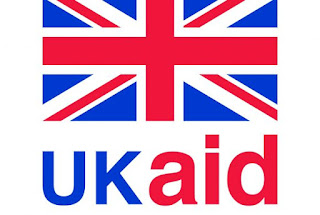January 27, 2019
United States of America, Department of State U.S. Embassy & Consulate in Nigeria Statement on the Suspension and Replacement of the Chief Justice
“The Embassy of the United States is deeply concerned by the impact of the executive branch’s decision to suspend and replace the Chief Justice and head of the judicial branch without the support of the legislative branch on the eve of national and state elections.
We note widespread Nigerian criticism that this decision is unconstitutional and that it undermines the independence of the judicial branch. That undercuts the stated determination of government, candidates, and political party leaders to ensure that the elections proceed in a way that is free, fair, transparent, and peaceful – leading to a credible result.
We urge that the issues raised by this decision be resolved swiftly and peacefully in accordance with due process, full respect for the rule of law, and the spirit of the Constitution of Nigeria. Such action is needed urgently now to ensure that this decision does not cast a pall over the electoral process.”


































